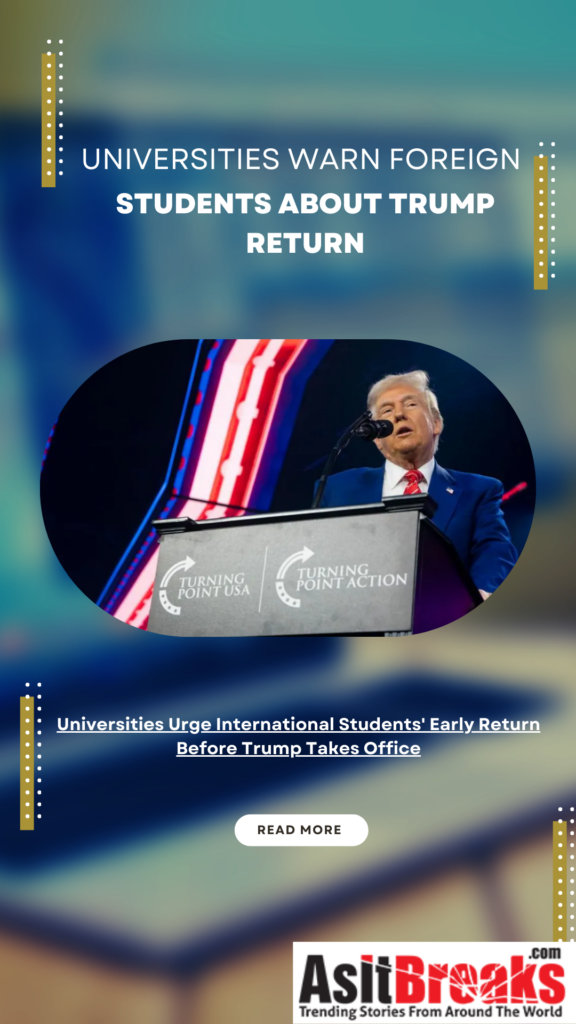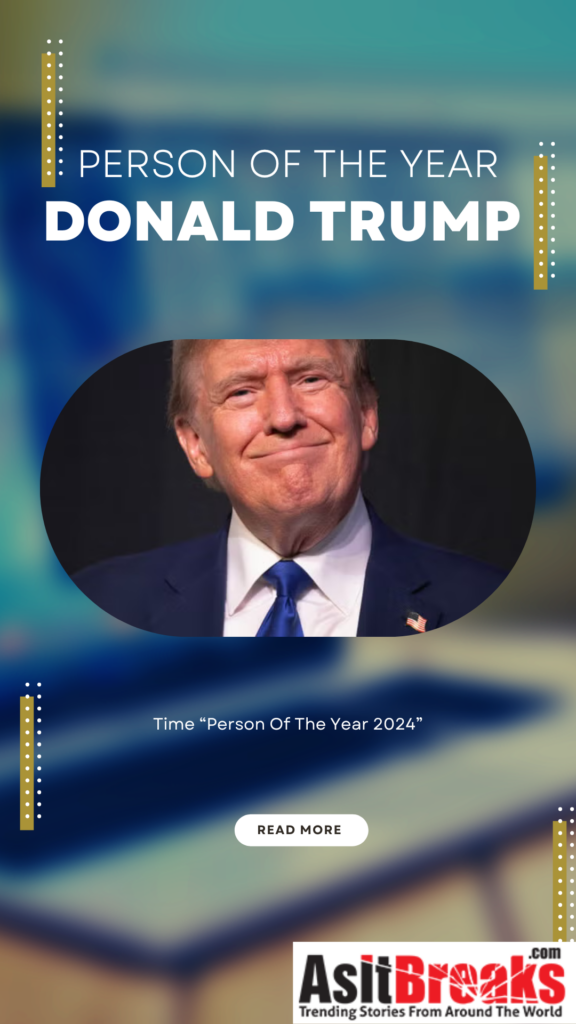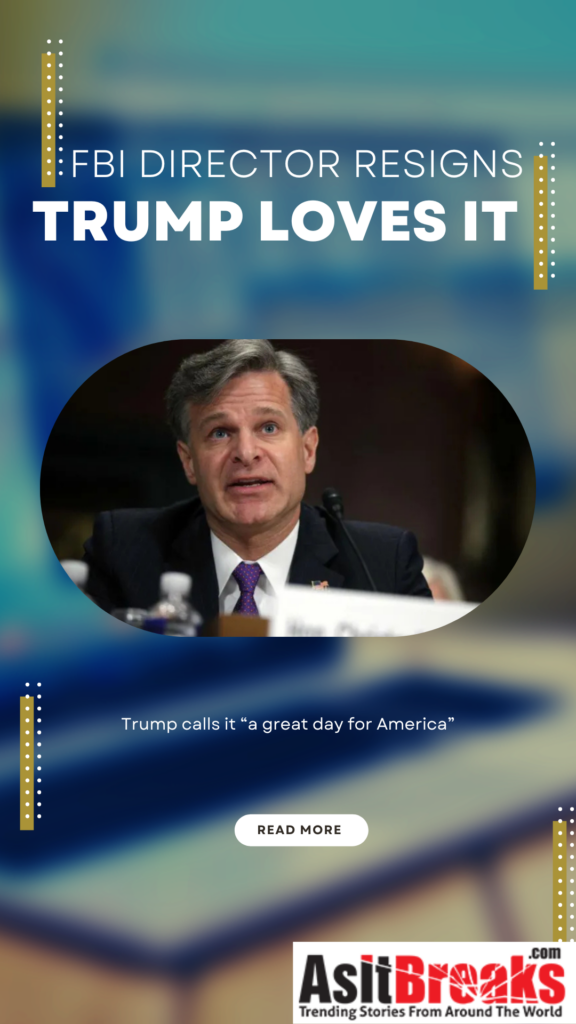WASHINGTON (AP) — U.S. universities are advising international students to return to campus early before Donald Trump’s January 20 inauguration, citing concerns about possible new travel restrictions similar to those implemented during his previous administration.
Major institutions including Cornell University, the University of Southern California, and New York University have issued warnings about potential immigration policy changes that could affect students’ ability to continue their studies.
“A travel ban is likely to go into effect soon after inauguration,” Cornell’s Office of Global Learning warned students, listing 12 countries potentially affected and noting that “new countries could be added to this list, particularly China and India.”
The concerns affect a significant portion of U.S. higher education, with more than 1.1 million international students enrolled during the 2023-24 academic year. NYU alone hosts over 27,000 international students.
“It’s a scary time for international students,” said Pramath Pratap Misra, 23, a recent NYU graduate from India.
Trump has promised expanded immigration restrictions, including a revival of his previous travel ban on predominantly Muslim countries and the revocation of student visas for what he termed “radical anti-American and antisemitic foreigners.”
Universities are taking varied approaches to protect their international communities:
- USC urged students to return one week before inauguration
- MIT cautioned against “making decisions based on social media and rumors”
- Harvard advised budgeting extra time before semester start
- UCLA reaffirmed policies protecting student privacy regarding immigration status
While Trump has also proposed automatically granting green cards to foreign graduates of U.S. universities, campaign officials later clarified this would be limited to “the most skilled graduates” with extensive screening requirements.
“The best way to anticipate what will happen in the second Trump administration is to look at what happened in the first,” said Stuart Anderson, executive director of the National Foundation for American Policy, citing previous efforts to restrict foreign student entry.
International students typically hold nonimmigrant visas that allow U.S. study but don’t provide permanent residency pathways.


